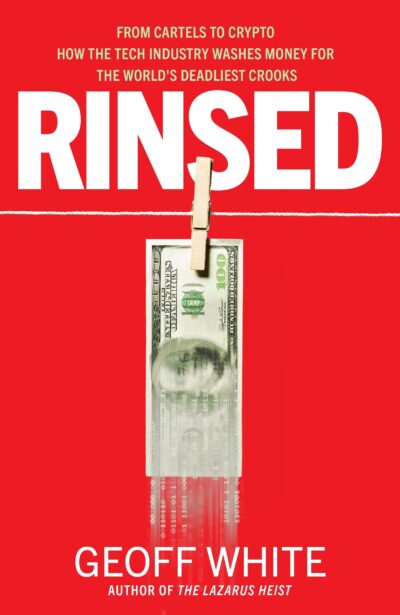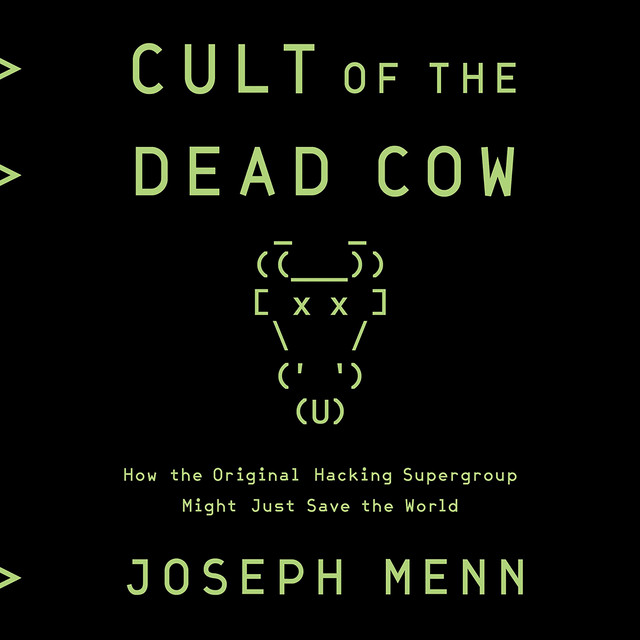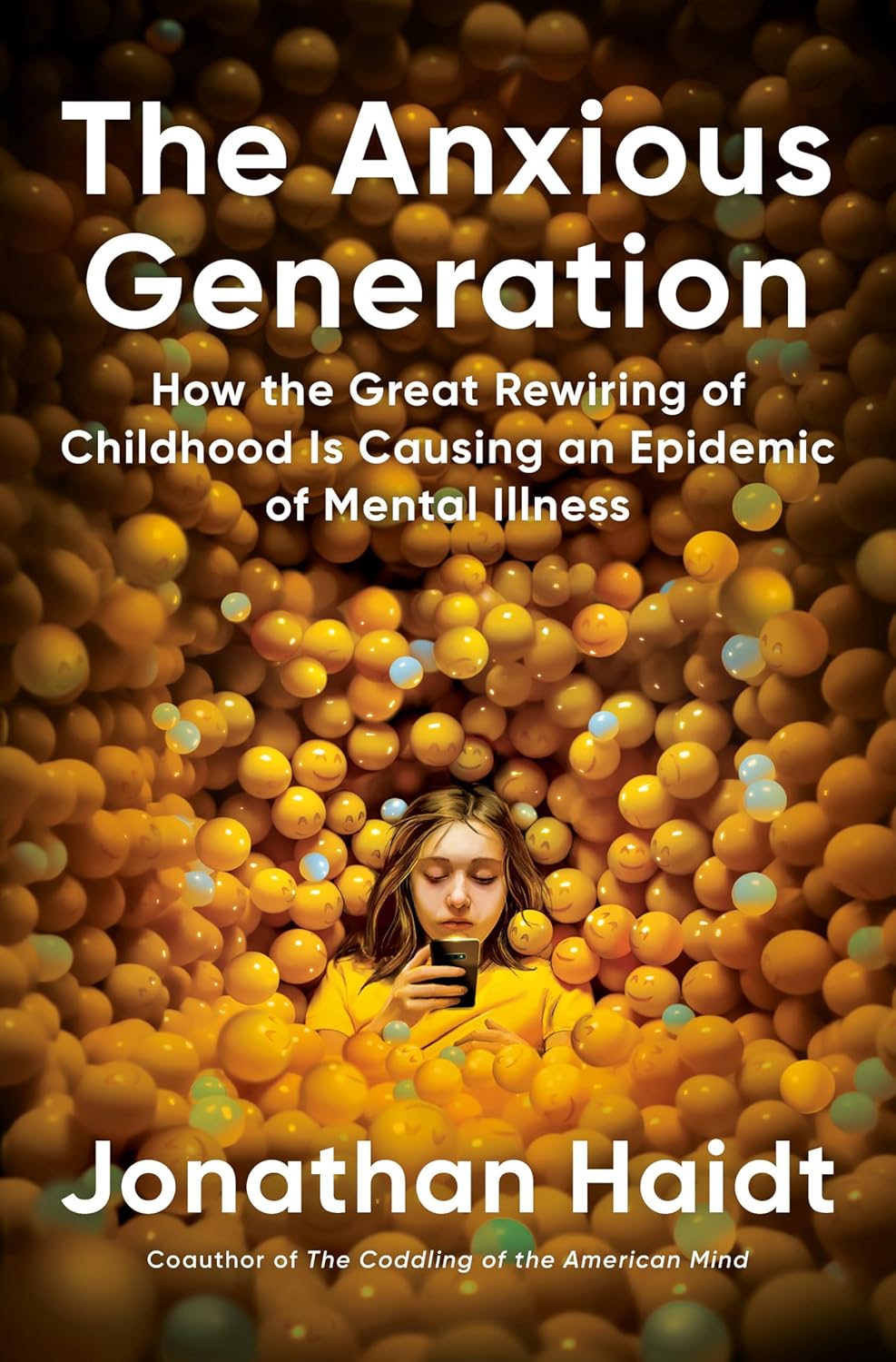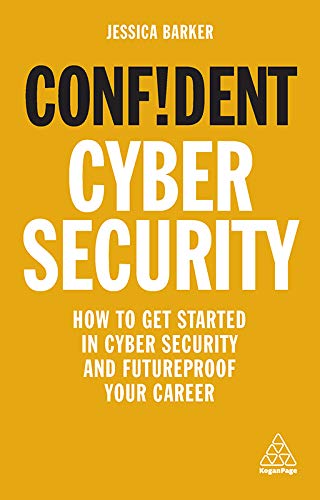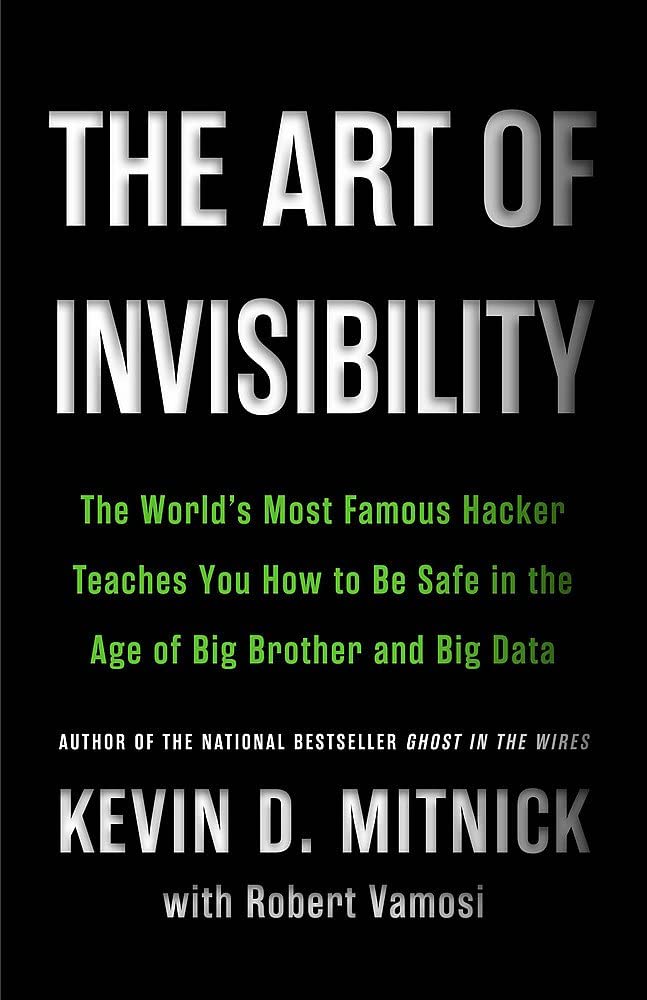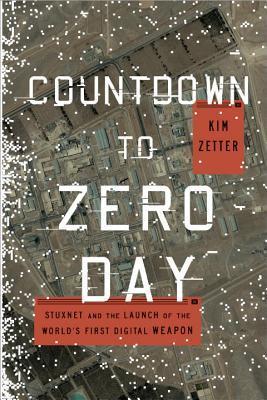A Deep Dive into the Zero-Day Market and the Future of Cyberwarfare
Nicole Perlroth’s This Is How They Tell Me the World Ends: The Cyberweapons Arms Race is a chilling and meticulously researched exposé that delves into the clandestine world of zero-day exploits, the shadowy figures who trade in them, and the governments that weaponize them. As a cybersecurity enthusiast or professional, this book is essential reading to understand the complex and increasingly dangerous landscape of cyberwarfare.
What is a Zero-Day?
For those new to the term, Perlroth expertly explains that a “zero-day” is a software vulnerability that is unknown to the software vendor. This means there’s “zero days” to fix it, making it a highly valuable and dangerous tool for hackers and nation-states alike. These vulnerabilities can be exploited to gain unauthorized access to systems, steal sensitive data, and even disrupt critical infrastructure.
Key Takeaways for Cybersecurity Professionals:
- The Zero-Day Market: Perlroth unveils the hidden economy where zero-day exploits are bought and sold, often for exorbitant sums. This market fuels the development of increasingly sophisticated cyberweapons.
- The Role of Nation-States: The book highlights how governments, including the United States, have been major players in the acquisition and use of zero-days. This has led to a global cyberarms race with potentially catastrophic consequences.
- The Escalating Threat: This Is How They Tell Me the World Ends underscores the growing threat of cyberattacks on critical infrastructure, businesses, and individuals. Perlroth provides numerous real-world examples, from Stuxnet to the Shadow Brokers leak, illustrating the devastating impact of these attacks.
- Ethical Dilemmas: The book raises important ethical questions about the development, sale, and use of zero-day exploits. Should governments be stockpiling these vulnerabilities? What are the implications for privacy and security?
- A Call to Action: Perlroth’s work serves as a wake-up call, urging greater awareness and proactive measures to defend against cyber threats. She emphasizes the need for a more robust and resilient cybersecurity posture at all levels.
Why You Should Read This Book:
- In-Depth Research: Perlroth, a seasoned cybersecurity reporter for The New York Times, draws on years of reporting and hundreds of interviews to provide a comprehensive and insightful account.
- Compelling Narrative: The book reads like a thriller, with gripping stories of hackers, spies, and cyberattacks that will keep you on the edge of your seat.
- Relevance: In an increasingly interconnected world, cybersecurity is more important than ever. This book provides crucial context for understanding the threats we face and the challenges ahead.
Overall Assessment:
This Is How They Tell Me the World Ends is a must-read for anyone interested in cybersecurity. It’s a sobering yet essential exploration of the cyberweapons arms race and its implications for our digital future. Whether you’re a seasoned professional or just starting your journey in cybersecurity, this book will provide valuable insights and leave you with a deeper understanding of the challenges and opportunities in this critical field.

